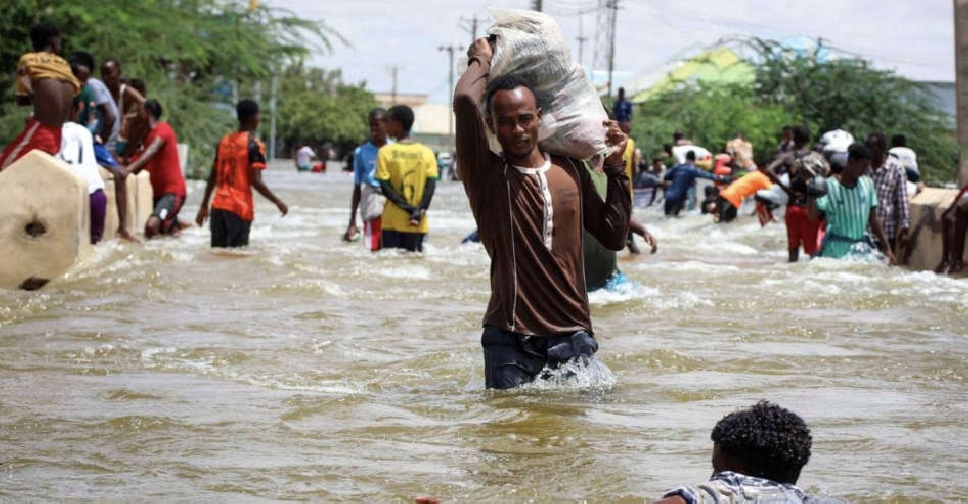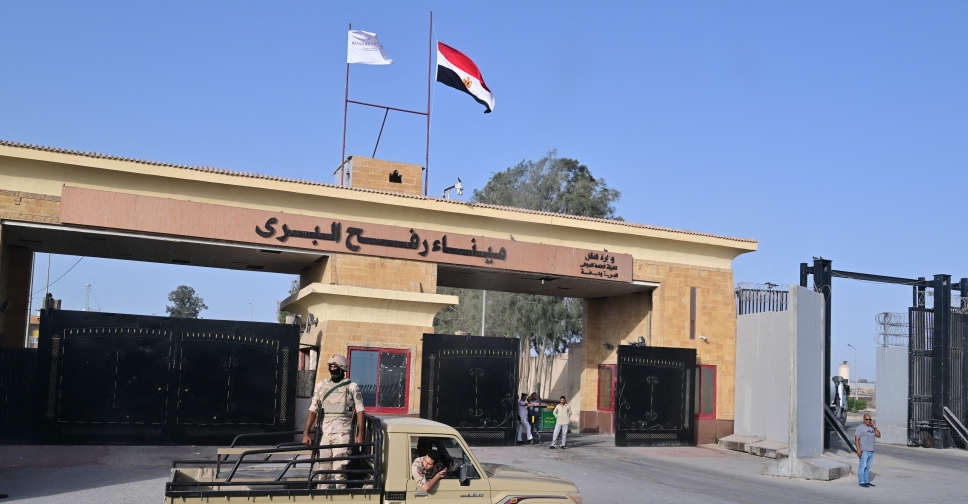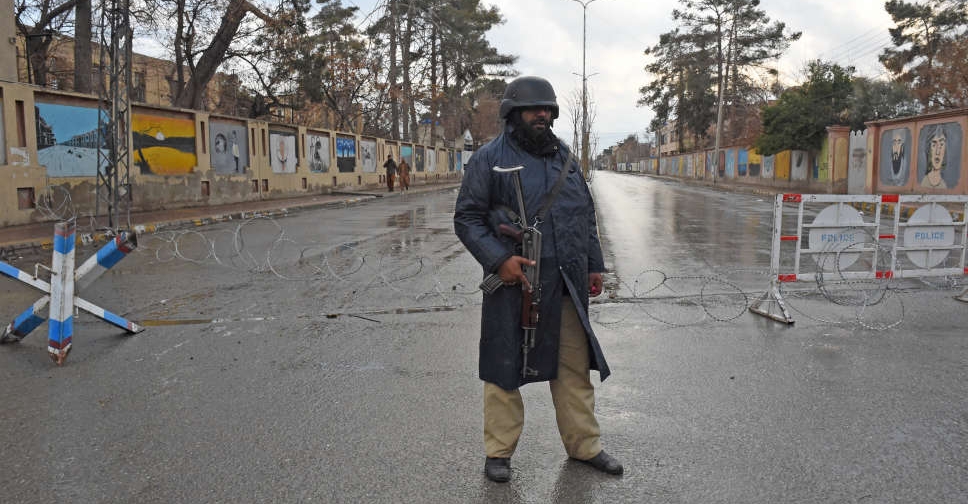
The United Nations has described floods that uprooted hundreds of thousands of people in Somalia and neighbouring countries in East Africa following a historic drought as a once-in-a-century event.
Around 1.6 million people in Somalia could be affected by the heavy seasonal downpours, which have been worsened by the combined impact of two climate phenomenons, El Niño and the Indian Ocean Dipole, the UN Office for the Coordination of Humanitarian Affairs (OCHA) said in a statement late on Thursday.
The floods, which followed heavy rains that started in early October, have already killed at least 29 people and forced more than 300,000 from their homes in Somalia, and inundated towns and villages across northern Kenya.
Camps for people displaced by an insurgency and the worst drought in four decades have also been flooded, causing people to flee for a second time, aid groups say.
Large-scale displacement, increased humanitarian needs and further destruction of property remain likely, OCHA said, with some 3.7 million acres of farmland potentially being destroyed.
"Extreme weather linked to the ongoing El Niño risks further driving up humanitarian needs in already-vulnerable communities in Somalia and many other places," said Martin Griffiths, Under-Secretary-General, the UN's Humanitarian Affairs and Emergency Relief Coordinator.
"We know what the risks are, and we need to get ahead of these looming crises," he said.




 Reopening of Gaza's Rafah crossing expected Monday
Reopening of Gaza's Rafah crossing expected Monday
 Winter storm death toll in United States reaches 90
Winter storm death toll in United States reaches 90
 Pakistan says 145 militants killed after attacks in Balochistan
Pakistan says 145 militants killed after attacks in Balochistan
 Israeli strikes kill 26 in Gaza, health officials say
Israeli strikes kill 26 in Gaza, health officials say
 US government starts likely brief shutdown as House fails to approve deal
US government starts likely brief shutdown as House fails to approve deal
 Thousands demonstrate in Minnesota and across US to protest ICE
Thousands demonstrate in Minnesota and across US to protest ICE
 France tightens infant milk rules after recalls
France tightens infant milk rules after recalls
 Modi ally proposes social media ban for India's teens as global debate grows
Modi ally proposes social media ban for India's teens as global debate grows




